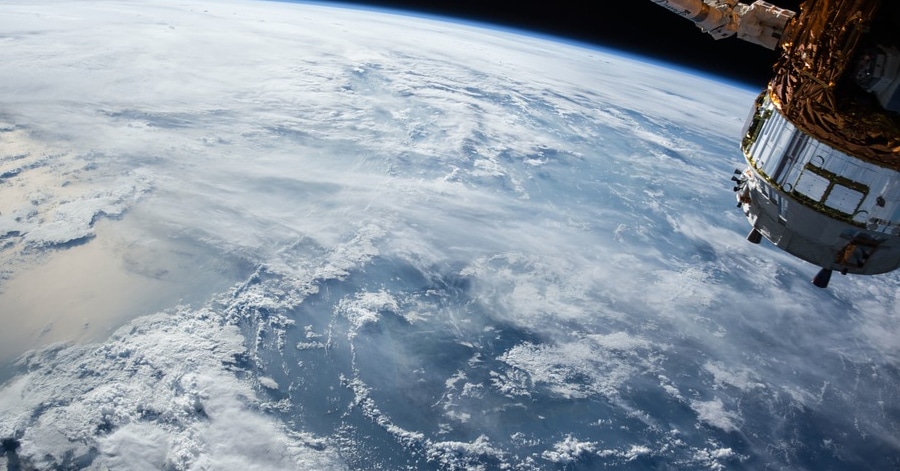Third Party Liability from Space Debris Not Just Science Fiction

It sounds like something out of a science fiction novel, but it’s actually very real: Lloyd’s of London is examining the potential liability that may be incurred by falling space debris, a subject brought to their attention when NORAD (the North American Aerospace Defense Command) successfully destroyed an antiquated American spy satellite recently.
According to their website, David Wade, a space underwriter with Lloyd’s Atrium syndicate explained that, while rare, there have been “�cases of ‘space junk’ falling back to earth from orbit.” Specific examples include tanks from Delta 2 launch vehicles and a Chinese satellite that landed in the ocean.
While most insurance related to the space industry involves business interruption and damage to physical property, Lloyd’s says they can also write third party liability policies for their clients. Bruno Ritchie, a space underwriter with Hiscox elaborates, “There is liability exposure all through the life of a satellite, from the day it is launched through to its commercial retirement,” He goes on to explain that third party risk exists especially in low earth orbit (within 1200 miles), where we generally find the satellites used for agriculture or weather imaging. “Satellites in the low earth orbit can potentially be lost and come back to earth,” Ritchie says.
And the space junk hazard is increasing as the volume of objects in orbit also increases. According to Lloyd’s numbers, “Approximately 11,000 objects larger than 10cm [app. 4 inches] are known to exist. The estimated population of particles between 1cm [1/4 inch] and 10cm in diameter is greater than 100,000. A new report from the International Association of Space Safety is calling for new international laws to regulate space.”
Space junk isn’t just a danger to those on earth, but to other space hardware in orbit – the risk of collision in space is very real, as is the possibility that such crashes may create even more debris. While space agencies are continually improving their tracking skills, however, David Wade reminds us that, “Insurers expect owners to move their satellites out of the way of known debris to avoid collisions.”
However, Ritchie warned that there’s a “downside of destroying satellites by missile in orbit, as it “creates more debris that could damage satellites in the future.” As our use of satellites and other space-faring technology increases, more and more insurance companies will need to investigate the necessity for space underwriting, and liability related to space debris.
